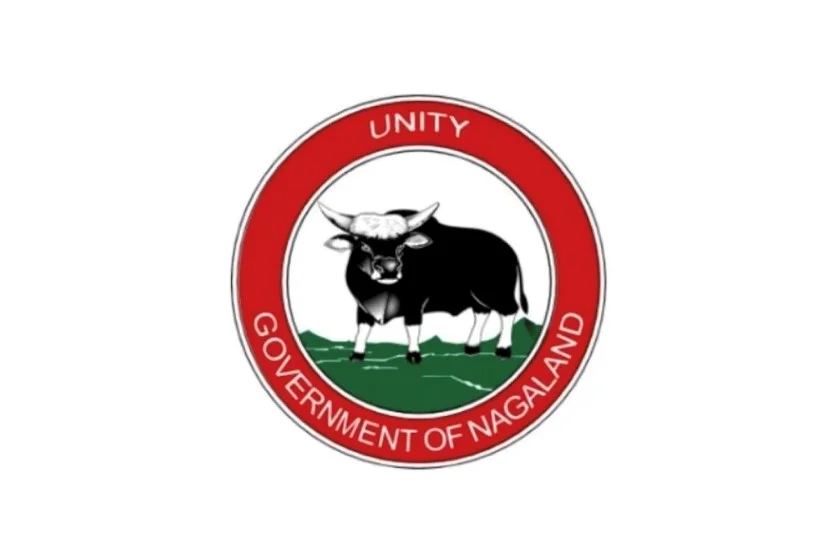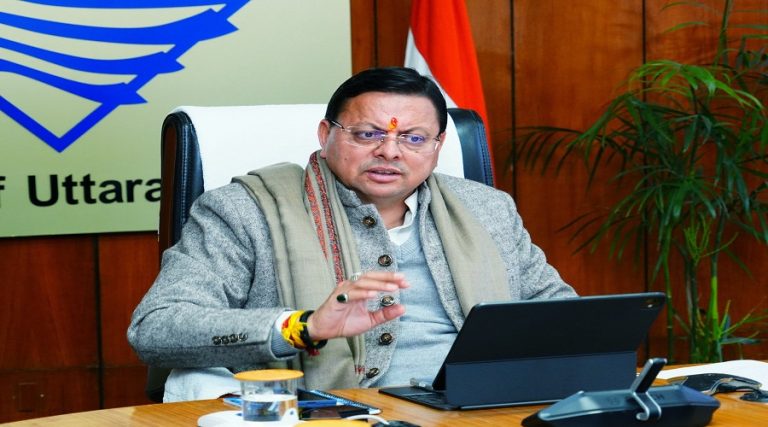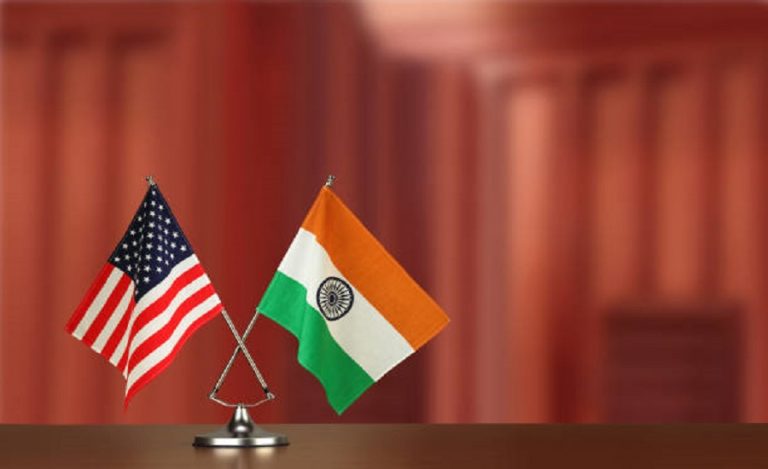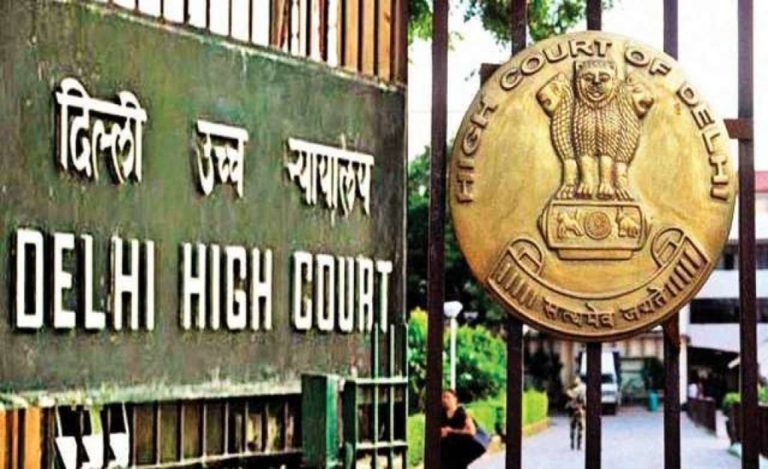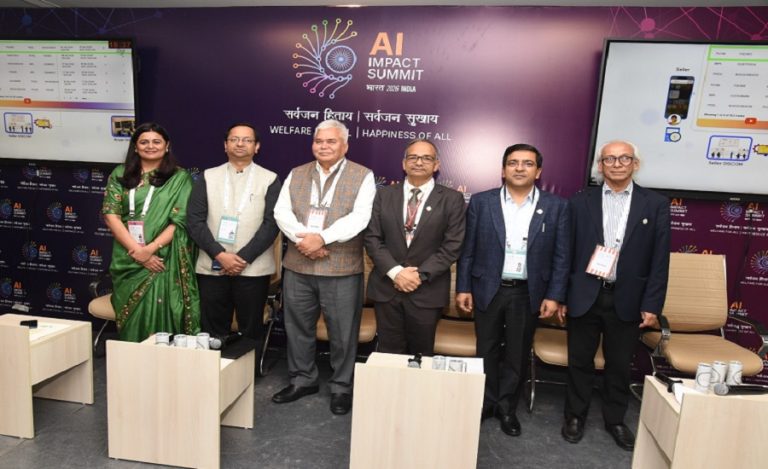Kohima: The administrative calm of Nagaland has been jolted. The Joint Coordination Committee (JCC) of state service associations has announced that its pen-down strike will continue until further notice, following fruitless talks with a government-constituted sub-committee over the contentious induction of non-SCS officers into the IAS cadre.
A protest born of process and principle
The dispute centres on a circular issued on 10 March 2025 by the Nagaland Public Service Commission (NPSC) – wherein only officers recruited through NPSC were eligible for IAS induction. That clause was swiftly withdrawn, triggering sharp accusations from the JCC of a “back-door” entry and erosion of meritocracy.
Representing the aggrieved are major associations including the Confederation of All Nagaland State Services Employees Association (CANSSEA), the Federation of Nagaland State Engineers Service Association (FONSESA), the Nagaland Secretariat Service Association (NSSA), the Nagaland In‑Service Doctors’ Association (NIDA), and the Nagaland Forest & Allied Services Association (NF&ASA).
Strike enters new phase
The JCC initiated a three-day pen-down strike from 14 October where employees turned up but refused to work. By 16 October the strike was extended indefinitely after the government’s formation of a Cabinet sub-committee failed to allay their concerns. Government offices across the state experienced operational paralysis.
In a circular, the JCC affirmed all previous modalities of the strike remain in place — and urged all departments to comply. While the protest may inconvenience the public, the group insists it is essential to safeguard fair recruitment and the administrative ethos of the state.
Government response: “Procedural lapse”, says minister
The state administration maintains it followed past precedent and rules. According to senior minister KG Kenye, the March circular required correction because it omitted approval from the chief minister (who also heads the P&AR department) and thereby constituted a “procedural lapse”.
Kenye clarified that the government’s position is that eligibility for IAS induction has never just hinged on NPSC entry; what matters, he said, are officers’ Annual Performance Reports (APRs), integrity and substantive service-record.
The Cabinet sub-committee created to examine the matter includes the two Deputy CMs, two ministers and the Chief Secretary — and it promises to meet the employee associations shortly.
What’s really at stake
Beyond the immediate stand-off, this battle touches at the roots of public administration in Nagaland. The JCC argues that removing the NPSC-entry clause sets a precedent of favouritism and undermines equal opportunity as enshrined in Article 16 of the Constitution.
Read also: Nagaland Government Employees Begin Three-Day Pen-Down Strike Over IAS Induction Controversy
For a state like Nagaland — where tribal identity, transparency, and institutional trust carry extra weight — the optics of “back-door” IAS entries risk demotivating aspirants, degrading performance expectations and weakening public faith in the civil service.
Looking ahead: Possible outcomes
The JCC has made it clear: the strike will persist until either the circular’s clause is reinstated, non-NPSC candidates are dropped from the panel forwarded to the Union Public Service Commission (UPSC) and clear transparency is guaranteed for future inductions.
The government, on the other hand, may either revise its recruitment policy, hold an open dialogue with the associations or risk prolonged administrative disruption. Several months of service‐shortages in key state departments could follow if reconciliation is delayed.
Public and administrative fallout
The protest has already slowed down essential services across Nagaland. The longer it drags on, the more the public is likely to feel the squeeze — from delay in official paperwork to slower functioning of local government offices.
Meanwhile, for tomorrow’s bureaucrats, the message is clear: the rules of the game matter. A perception of unfair advantage in induction may discourage the next generation of earnest NPSC-recruited officers.

